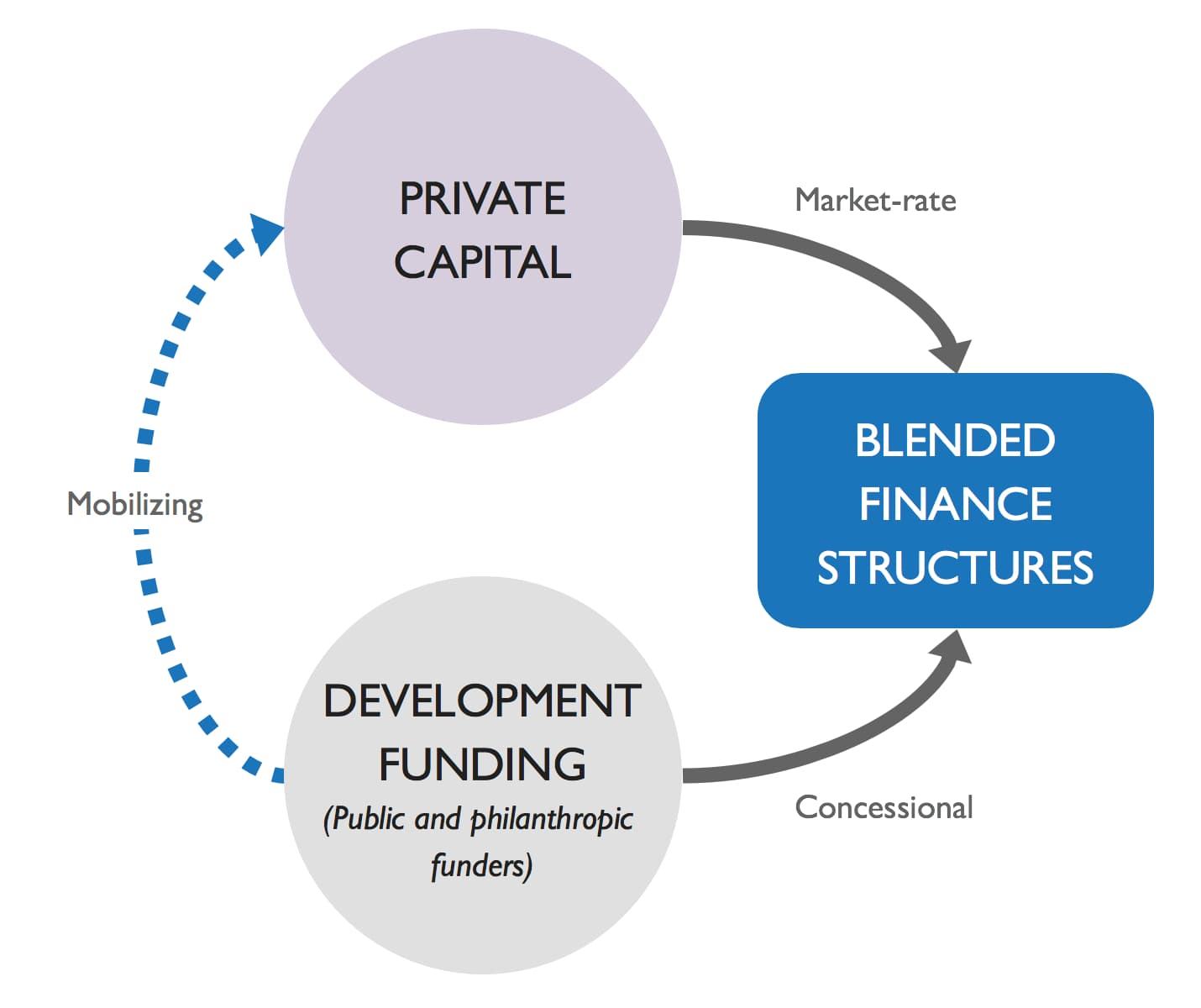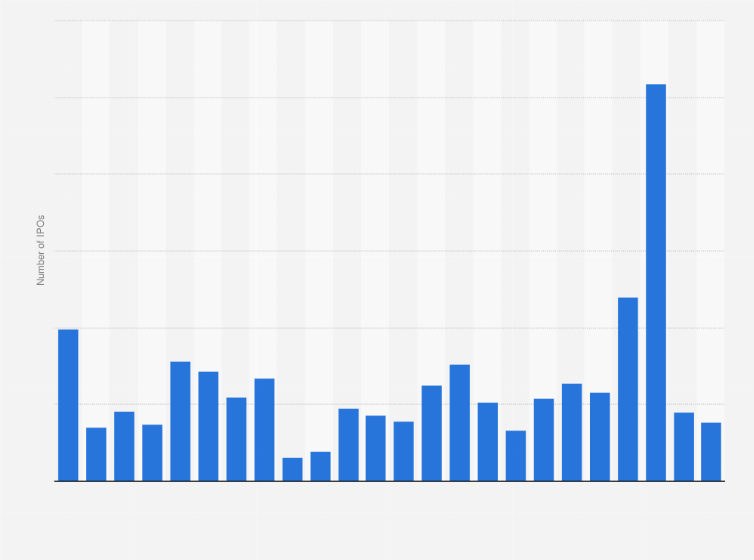Table of ContentsWhat Is A Bond Pread Finance Can Be Fun For AnyoneThe Single Strategy To Use For What Does Bond Mean In FinanceHow How Do I Calculate The Yield To Call Of A Bond Using Business Finance Online can Save You Time, Stress, and Money.The Ultimate Guide To How To Add Bond Holdings To Yahoo Finance Portfolio

Bond certificate for the state of South Carolina issued in 1873 under the state's Consolidation Act (what is the value of a bond quizlet finance). Railroad commitment of the Moscow-Kiev-Voronezh railway company, printed in Russian, Dutch and German. The following descriptions are not equally special, and more than among them might use to a specific bond: Repaired rate bonds have a voucher that stays consistent throughout the life of the bond.
Floating rate notes (FRNs, floaters) have a variable discount coupon that is connected to a recommendation rate of interest, such as Libor or Euribor. For example, the discount coupon might be defined as three-month USD LIBOR + 0.20%. The discount coupon rate is recalculated periodically, typically each or three months. Zero-coupon bonds (zeros) pay no regular interest.
The shareholder receives the complete principal quantity on the redemption date. An example of zero coupon bonds is Series E savings bonds released by the U.S. federal government. Zero-coupon bonds might be created from fixed rate bonds by a banks separating (" removing off") the discount coupons from the principal. In other words, the separated coupons and the last principal payment of the bond might be traded independently.
High-yield bonds (scrap bonds) are bonds that are ranked below investment grade by the credit score firms. As these bonds are riskier than investment grade bonds, financiers anticipate to make a greater yield. Convertible bonds let a shareholder exchange a bond to a number of shares of the provider's common stock.
Exchangeable bonds permits for exchange to shares of a corporation besides the provider. Inflation-indexed bonds (linkers) (United States) or Index-linked bond (UK), in which the principal amount and the interest payments are indexed to inflation. The interest rate is generally lower than for repaired rate bonds with a similar maturity (this position briefly reversed itself for short-term UK bonds in December 2008).
The UK was the first sovereign issuer to release inflation linked gilts in the 1980s. Treasury Inflation-Protected Securities (SUGGESTIONS) and I-bonds are examples of inflation connected bonds released by the U.S. government. Receipt for temporary bonds for the state of Kansas issued in 1922 Other indexed bonds, for example equity-linked notes and bonds indexed on a service sign (income, added value) or on a nation's GDP.
Examples of asset-backed securities are mortgage-backed securities (MBSs), collateralized mortgage responsibilities (CMOs) and collateralized financial obligation commitments (CDOs). Subordinated bonds are those that have a lower top priority than other bonds of the issuer in case of liquidation. In case of bankruptcy, there is a hierarchy of lenders. First the liquidator is paid, then federal government taxes, etc.
What Does What A Bond In Finance Do?
After they have been paid, the subordinated bond holders are paid. As a result, the risk is higher. For that reason, subordinated bonds usually have a lower credit ranking than senior bonds. The primary examples of subordinated bonds can be found in bonds released by banks, and asset-backed securities. The latter are typically released in tranches.
Covered bonds are backed by cash streams from home loans or public sector properties. Contrary to asset-backed securities the possessions for such bonds stay on the providers balance sheet. Continuous bonds are likewise often called perpetuities or 'Perps' - what is bond in finance with example. They have no maturity date. The most well-known of these Have a peek here are the UK Consols, which are likewise called Treasury Annuities or Undated Treasuries.
Some ultra-long-term bonds (sometimes a bond can last centuries: West Shore Railroad released a bond which matures in 2361 (i.e. 24th century)) are virtually eternities from a monetary point of view, with the existing value of principal near absolutely no. The Methuselah is a kind of bond with a maturity of 50-years or longer.
The issuance in Methuselahs has been increasing in recent years due to demand for longer-dated possessions from pension plans, especially in France and the UK - what is the term of a bond in finance. Issuance of Methuselahs in the United States has actually been limited, however, as the U.S. Treasury does not currently issue Treasuries with maturities beyond 30 years, which would act as a referral level for any business issuance.
In other words, the person who has the paper certificate can claim the worth of the bond. Often they are signed up by a number to prevent counterfeiting, but might be traded like money. Bearer bonds are really dangerous due to the fact that they can be lost or stolen. Specifically after federal income tax began in the United States, bearer bonds were seen as an opportunity to hide earnings or possessions.
corporations stopped releasing bearer bonds in the 1960s, the U.S. Treasury stopped in 1982, and state and local tax-exempt bearer bonds were restricted in 1983. Registered bond is a bond whose ownership (and any subsequent buyer) is recorded by the provider, or by a transfer agent. It is the option to a Bearer bond.
A federal government bond, also called Treasury bond, is issued by a national federal government and is not exposed to default threat. It is identified as the most safe bond, with the lowest interest rate. A treasury bond is backed by the "full faith and credit" of the pertinent federal government. Because of that, for the significant OECD countries this type of bond is often described as safe.
The Main Principles Of What Is A Bond Pread Finance
They are have excellent credit score like government bonds. Pacific Railway Bond released by City and County of San Francisco, CA. May 1, 1865 Municipal bond is a bond provided by a state, U.S. Area, city, regional federal government, or their companies. Interest earnings gotten by holders of community bonds is exempt from the federal income tax and sometimes from the income tax of the state in which they are issued, although municipal bonds issued for certain purposes may not be tax exempt.
territories are exempted from all federal, state, and local taxes, making them triple-exempted. Construct America Bonds (BABs) are a type of community bond authorized by the American Recovery and Reinvestment Act of 2009. Unlike traditional US municipal bonds, which are usually tax exempt, interest received on BABs undergoes federal tax.
Generally, BABs provide substantially higher yields (over 7 percent) than basic local bonds. Book-entry bond is a bond that does not have a paper certificate. As physically processing paper bonds and interest vouchers became more costly, companies (and banks that used to collect voucher interest for depositors) have tried to dissuade their use.
Lotto bonds are issued by European and other states. Interest is paid as on a standard set rate bond, however the company will redeem randomly picked private bonds within the issue according to a schedule. Some of these redemptions will be for a higher worth than the stated value of the bond.
This type of bond has low return rate. Serial bond is a bond that matures in installments over a period of time. In result, a $100,000, 5-year serial bond would develop in a $20,000 annuity over a 5-year interval. Income bond is a special kind of community bond differentiated by its guarantee of repayment exclusively from revenues created by a defined revenue-generating entity connected with the purpose of the bonds.
Climate bond is a bond issued by a government or corporate entity in order to raise finance for climate change mitigation- or adaptation-related jobs or programs. Double currency bonds Retail bonds are a kind of corporate bond mostly designed for common investors. They have actually become especially appealing since the London Stock Market (LSE) introduced an order book for retail bonds.
Some companies, banks, federal governments, and other sovereign entities might choose to provide bonds in foreign currencies as it may appear to be more stable and foreseeable than their domestic currency. Issuing bonds denominated in foreign currencies likewise offers issuers the ability to access investment capital readily available in foreign markets. The proceeds from the issuance of these bonds can be used by business to get into foreign markets, or can be converted into the issuing business's regional currency to be used on existing operations through making use of foreign exchange swap hedges.
Getting My What Type Of Bond Offering To Finance Capital Expenditures To timeshare nightmare Work

Some foreign company bonds are called by their nicknames, such as the "samurai bond". These can be provided by foreign companies looking to diversify their investor base away from domestic markets. These bond concerns are usually governed by the law of the market of issuance, e.g., a samurai bond, released by a financier based in Europe, will be governed by Japanese law.